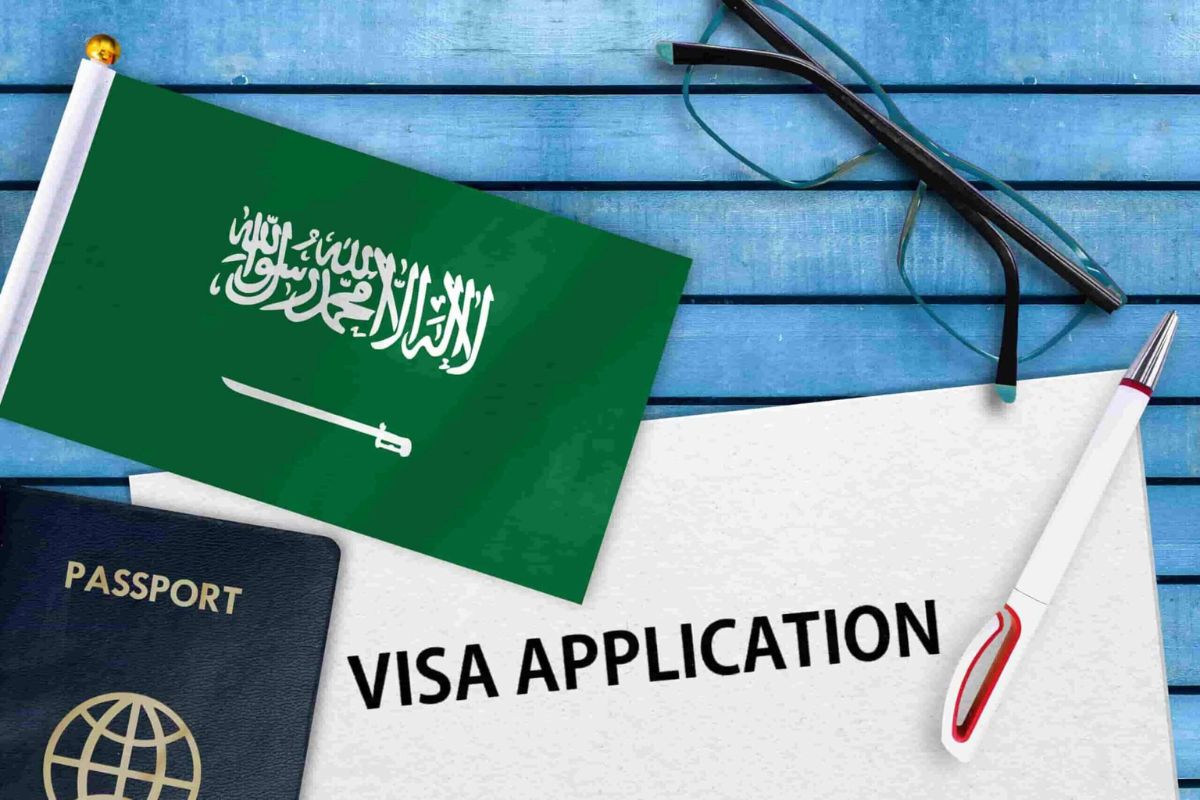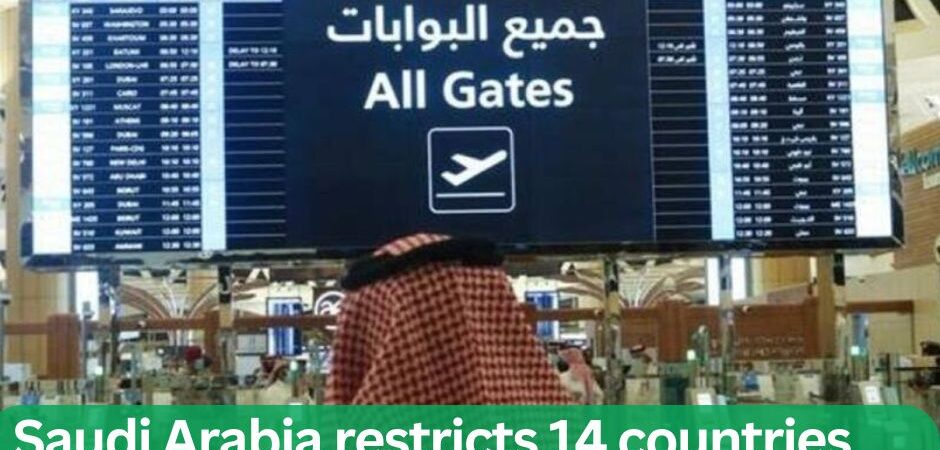Saudi Arabia has implemented new visa regulations that will affect travelers from 14 countries, limiting them to single-entry visas valid for 30 days without the possibility of extension.
The new restrictions apply to tourists, business travelers, and individuals visiting family members, though those applying for Hajj, Umrah, diplomatic, or residency visas are exempt.
The countries affected by this policy change include Algeria, Bangladesh, Egypt, Ethiopia, India, Indonesia, Iraq, Jordan, Morocco, Nigeria, Pakistan, Sudan, Tunisia, and Yemen.
Saudi authorities explained that the decision to restrict multiple-entry visas was prompted by the misuse of such visas.
Some travelers had been using long-term visas to stay in the country illegally or to attend Hajj without proper authorization.

READ ALSO: Boy Who Saved Sister in Philly Plane Crash Shares Tearful First Words After Brain Surgery
The government has also expressed concern about the overcrowding and logistical issues arising from unauthorized pilgrims during the religious pilgrimage, particularly following the tragic incident in 2024 when over 1,200 pilgrims died due to extreme heat and congestion, worsened by unregistered attendees.
Officials emphasized the need to regulate the number of Hajj attendees through a fixed quota system per country, a measure that aims to prevent future tragedies and improve the management of the pilgrimage.
While the suspension of multiple-entry visas is currently described as a temporary measure, Saudi authorities have not specified a timeline for its review.
The government plans to assess the impact of the new policy before making any further decisions.
Travelers from the affected countries are encouraged to apply for their single-entry visas well in advance to avoid any disruptions to their travel plans.















